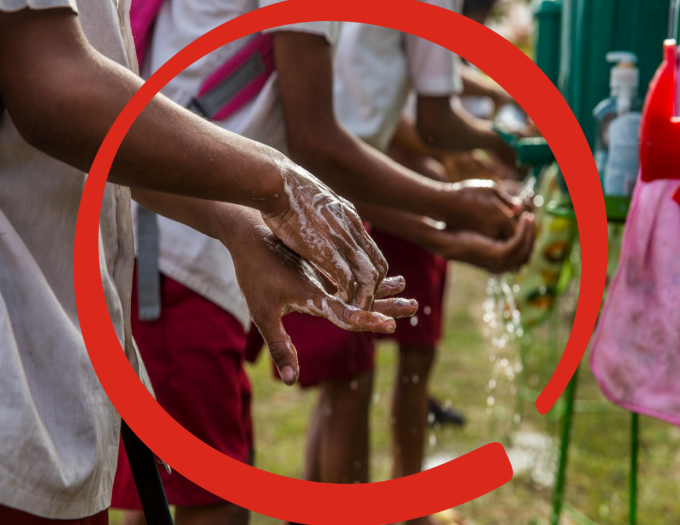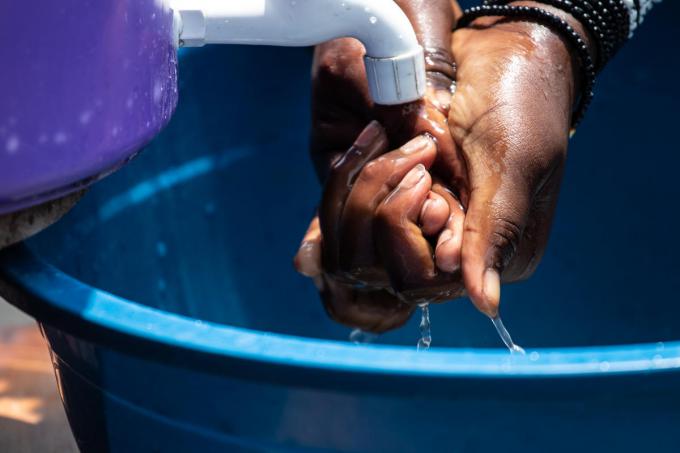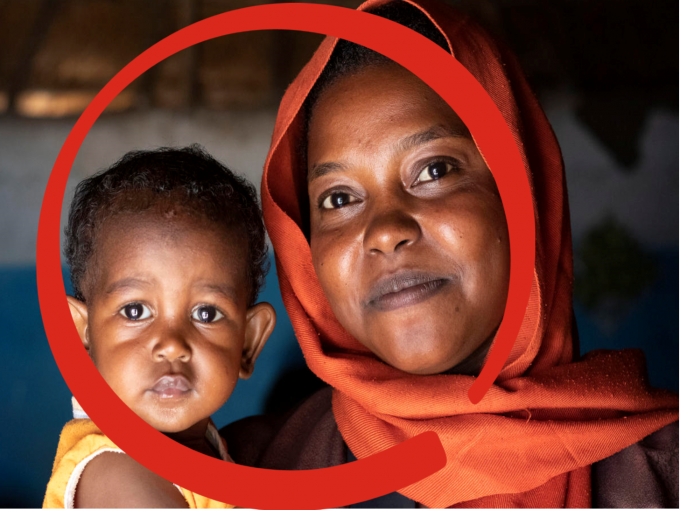About COVID19
What is Coronavirus?
Coronaviruses (COV) are a large family of viruses that cause illness ranging from the common cold to more severe diseases such as Middle East Respiratory Syndrome and Severe Acute Respiratory Syndrome. On 31 December 2019, more than 40 cases of a novel coronavirus were reported in in the central Chinese city of Wuhan. The infection has now spread to all of mainland China and to more than 40 countries around the world. On the 30 January 2020, the World Health Organisation declared the COVID-19 virus outbreak a global emergency of Public Health concern. On 11 of March 2020 the WHO has declared that COVID-19 is officially a pandemic.
how is it transmitted?
Corona virus is spread through droplets from the people with COVID-19, and it can inter the body through nose eyes and mouth. Do not touch your face or the face of another person. Wash your hands well with soap and water if you have to touch your face or the face of another person.

What are the symptoms of coronavirus?
The symptoms are very similar to the common cold or flu including fever, cough, sore throat and/or lethargy. Some people go on to have more severe symptoms such as shortness of breath and breathing difficulties. In more severe cases, infection can cause pneumonia, severe acute respiratory syndrome, kidney failure and even death.
Guidelines to follow for the prevention of coronavirus:
Personal protection:
Do not share your towels and utensils with others including drinking cups. Assign a towel for each member of you family. Use your elbow as much as you can to open doors, close doors and when you sneeze.
Hand washing:
Wash between your fingers, under your nails and the back of your hands for at least 20 seconds. (Count until 20 while washing your hands)

Ask for support:
If you felt high fever and difficulty to breath, call instantly for medical care. If you felt that your health is not well, stay home and call specialized authorities. Emergency number 221.
Safe distance:
Put distance of one to two meters between yourself and other people who are coughing and/or sneezing. Advise those who are sick to put face masks.
Wearing masks:
Get rid of masks when they get wet. Do not use the mask for more than one day, as bacteria will over grow in the inside of the mask if you wear it for too long.
Do not touch the outside of your mask. Do not worry if you touch the mask, just wash your hands well with soap and water.
Infant and Young Child Feeding and how you can deal with COVID-19 virus:-
Guidelines:
- COVID-19 virus is not present in breastmilk.
- Wash your hands before and after feeding or breastfeeding your child.
- IIf you are suspected or confirmed with COVID-19 infection, you can continue breast feeding while applying all the necessary precautions to prevent transmission (such as frequent handwashing).
- Breastfeeding women should not be separated from their newborns.
For symptomatic mothers well enough to breastfeed, this includes wearing a mask when near a child (including during feeding), washing hands before and after contact with the child.
- If If are too ill, you can express milk and give it to the child via a clean cup and/or spoon– all while following the same infection prevention methods.

How can pregnant women protect themselves from getting COVID-19?
- Cover your cough using your elbow
- Avoid crowded areas and people who are sick
- Clean your hands often using soap and water.
When you take these preventive measures and take them seriously, you will not only save yourself from the possibility of contracting this epidemic disease but also you will save the lives of everyone around you.
Now more than ever, we must remain vigilant against the spread of this epidemic disease.
More links:
Also see our frontline stories: https://sudan.savethechildren.net/news/frontline-stories
 Sudan
Sudan